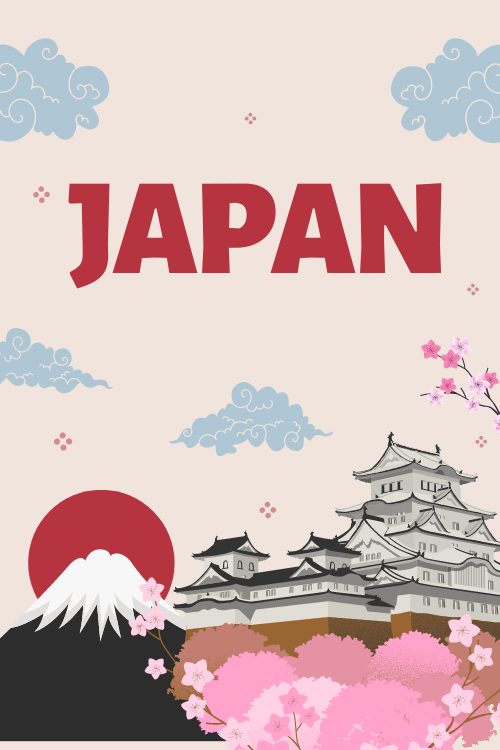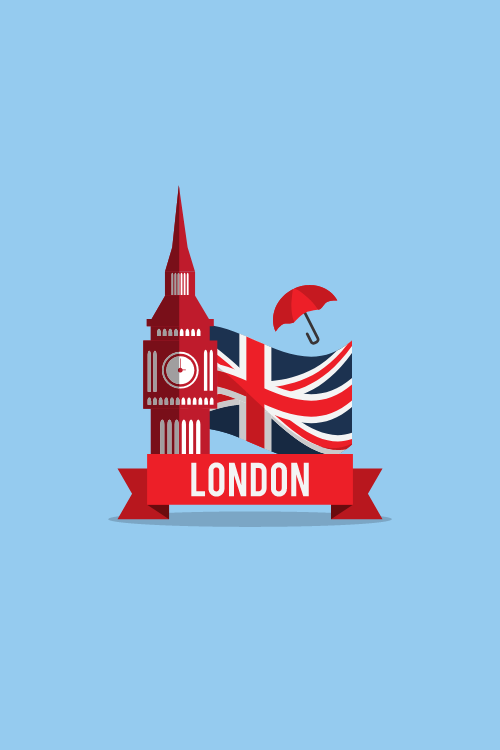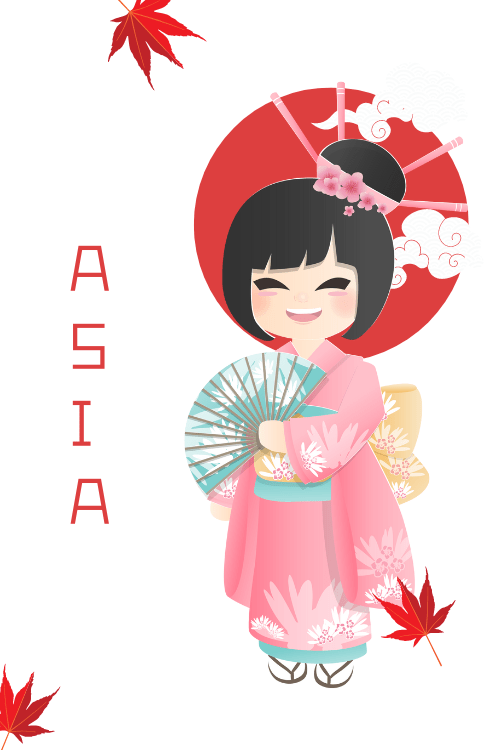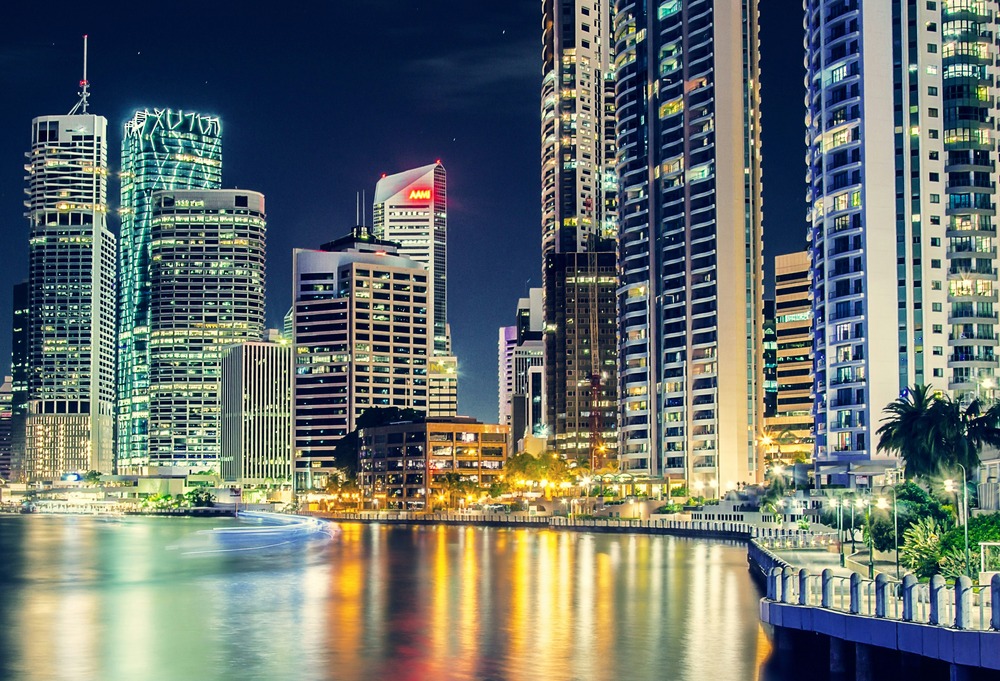eSIM Australia
The Best Time to Visit Brisbane Australia
Brisbane, the captivating capital of Queensland, Australia, is a city that effortlessly blends urban excitement with natural beauty.
With its year-round sunshine, laid-back atmosphere, and a plethora of attractions, Brisbane has something to offer every traveler.
But to truly make the most of your Brisbane experience, timing is key. This comprehensive guide will navigate you through the city’s subtropical climate, peak tourist seasons, and vibrant events calendar, helping you pinpoint the perfect time to visit based on your individual preferences.
Thanks for visiting our blog, are you planning to travel to Sydney? Check out our Australia eSIM. Get mobile data without physical SIM cards or paying for global roaming.
Brisbane’s Climate and Tourist Seasons: A Harmonious Blend
Brisbane has a humid subtropical climate, bringing warm weather and plenty of sunny days for most of the year. Daytime temperatures generally hover between 70°F and 84°F (21°C to 29°C), but each season offers a different experience.
Summer (December to February)
These months are hot, humid, and often rainy, with temperatures around 86°F (30°C) and occasional spikes even higher. Intense humidity (up to 65%) can be relieved by afternoon sea breezes, though thunderstorms are common and can lead to localized flooding.
Cyclones, severe storms, and bushfires sometimes occur, and Brisbane’s location on flood-prone plains means flooding can happen at any time of year, not just in summer.
Autumn (March to May)
Autumn brings milder temperatures, lower humidity, and comfortable conditions ranging from 59°F to 77°F (15°C to 25°C). It’s an ideal season for outdoor activities without the peak-season crowds.
Winter (June to August)
Winters in Brisbane are mild and dry, with daytime average temperatures range between 50°F and 68°F (10°C to 20°C). Nights and early morning temperatures can be cool, so pack a light jacket or sweater.
Wildlife enthusiasts will find this a great time for whale watching, as humpback whales migrate along the coast from June to October, a popular time for eco-tourism. While Brisbane itself rarely gets freezing weather, areas west of the city can see frost and subfreezing temperatures.
Spring (September to November)
Spring features clear skies, comfortable temperatures, and low humidity. Flowers bloom across the city, making it perfect for enjoying parks, gardens, and riverside walks.
Overview of Peak and Low Tourist Seasons
Brisbane’s tourist seasons line up with Australian school holidays and the cooler, drier months. Unlike Sydney and Melbourne, where summer is the busiest, Brisbane’s peak times differ due to its climate.
High Season (May to September and January)
Visitors flock to Brisbane from May through September, and again in January, due to pleasant weather and school breaks. June to August is especially popular among visitors from cooler parts of Australia seeking warmer temperatures. This period often sees higher prices for flights and accommodations, particularly during the January school holidays.
Shoulder Season (March, April, and October)
These months offer a balance of good weather and fewer crowds. By March, the summer heat has eased, and the winter rush has yet to start. October brings various citywide events, adding a festive atmosphere without the larger holiday crowds.
Low Season (November, December, and February, excluding school holidays)
Although temperatures are still warm, summer (especially February) is typically the wettest time of year, with heavy storms and higher humidity. Fewer visitors mean you can often find bargain flight and accommodation deals, and you’ll encounter smaller crowds at major attractions.
Events and Festivals: A Tapestry of Celebrations
Brisbane’s events calendar is a vibrant tapestry woven with festivals and celebrations throughout the year. From cultural events to sporting spectacles and artistic showcases, there’s always something happening in this dynamic city.
Cultural Events:
- Brisbane Festival (September): This month-long festival is a highlight of Brisbane’s cultural calendar, featuring a diverse program of theater, music, dance, circus, opera, and major public events, including the spectacular Riverfire fireworks display. It’s worth noting that the Brisbane Festival events data feed is only populated in September, emphasizing the significance of this event for the city.
- BrisAsia Festival (January and February): This festival celebrates the rich diversity of Asian cultures in Brisbane through traditional and contemporary art forms, performances, and culinary experiences.
- Brisbane Holi – Festival of Colours (March): Experience the joy and vibrancy of this Indian festival, with music, dance, and the traditional throwing of colorful powders. This family-friendly event is a celebration of unity and cultural diversity.
- Paniyiri Greek Festival (May): Immerse yourself in Greek culture with delicious food, traditional music and dance, and a lively atmosphere.
- NAIDOC Week (July): Celebrate the history, culture, and achievements of Aboriginal and Torres Strait Islander peoples with a week of events and activities.
- MELT (October-November): This unique festival celebrates queer arts and culture with live performances, art exhibitions, and a vibrant pride parade along the Brisbane River.
- Woodford Folk Festival (December and January): Just outside Brisbane, this iconic festival brings together musicians, artists, and performers from around the world to celebrate folk traditions.
Sporting Events:
- Brisbane International (January): This international tennis tournament attracts top players from around the globe, offering exciting matches and a chance to see world-class athletes in action.
- Ampol State of Origin (May-July): Witness the fierce rivalry between Queensland and New South Wales in this iconic rugby league series.
- Brisbane City Half Marathon (June): Join runners from all over for this scenic race through the city.
- Ekka (Royal Queensland Show) (August): This nine-day agricultural show is a Queensland tradition, with livestock displays, carnival rides, and entertainment for all ages.
- NRL Magic Round (May): Experience a weekend of non-stop rugby league action as all 16 NRL teams converge on Brisbane for a series of thrilling matches.
- Brisbane Cycling Festival (March-April): This multi-discipline cycling event caters to all levels, from elite races to mass participation rides.
- Tour de Brisbane (April): Enjoy a unique cycling experience with over 110km of fully closed city roads to explore, particularly during the sunny months on the Sunshine Coast.
- Brisbane to Gladstone Yacht Race (April): Witness the start of this iconic yacht race, a highlight of the southern hemisphere’s blue water racing calendar.
- Moreton Bay Running Festival (May): Participate in or cheer on runners in this scenic event along the Moreton Bay foreshore.
- Straddie Salute Triathlon Festival (May): Challenge yourself with a triathlon or duathlon on North Stradbroke Island, a stunning natural playground.
- EVA Air Brisbane Marathon Festival (June): Conquer the marathon, half marathon, or shorter distances in this iconic race that includes a run across the Story Bridge.
Arts and Entertainment:
- World Science Festival Brisbane (March) is a popular time for tourists and locals alike to engage in innovative science activities and discussions. Engage with the wonders of science through interactive exhibits, talks, and performances.
- Curiocity Brisbane (March): This innovative event explores the intersection of art, science, and technology.
- Brisbane Comedy Festival (April-May): Enjoy a month of laughter with performances by some of the best comedians in Australia and beyond.
- Brisbane Street Art Festival (May): Witness the city’s walls come alive with colorful murals and street art creations.
- Brisbane Fashion Festival (August): See the latest trends and designs from local and international fashion designers.
- BIGSOUND (September): This music industry conference showcases emerging and established artists, shaping the future of Australian music.
- Brisbane International Film Festival (October): Immerse yourself in the world of cinema with screenings of local and international films.
- Brisbane Asia Pacific Film Festival (BAPFF) (November): Explore the diverse world of Asia Pacific cinema.
Other Events:
- Brisbane Chinese Lunar New Year Festival (February): Celebrate the Lunar New Year with lion dances, firecrackers, and traditional festivities.
- Affordable Art Fair (May): Discover and purchase affordable art from emerging and established artists.
- Christmas at South Bank (December): Experience the festive spirit with Christmas markets, carols, and dazzling light displays.
- New Year’s Eve Fireworks (December): Ring in the new year with a spectacular fireworks display over the city.
Flights and Accommodation: Navigating Costs and Availability
When planning your trip to Brisbane, it’s essential to consider the availability and cost of flights and accommodations.
Flights:
Flight prices to Brisbane can fluctuate significantly depending on the time of year, your origin city, and how far in advance you book. Generally, you can expect to find more affordable fares during the low season (November to early December and February, excluding school holidays). Booking your flights well in advance and being flexible with your travel dates can also help you secure better deals.
Several airlines offer flights to Brisbane, including Qantas, Virgin Australia, Jetstar, and Rex Regional Express, making it a convenient destination for travelers heading to the Gold Coast or Sunshine Coast. Direct flights are available from many international hubs, while connecting flights offer more budget-friendly options.
Accommodation:
Brisbane offers a wide range of accommodation options to suit every budget and preference, from budget-friendly hostels and motels to luxurious hotels and serviced apartments. Popular areas to stay include the city center, South Bank, Fortitude Valley, and Kangaroo Point.
Accommodation prices tend to be higher during peak season (May to September and January), especially during school holidays. If you’re traveling during these times, it’s advisable to book your accommodation well in advance to secure the best rates and availability. During the shoulder seasons (March, April, and October) and the low season (November to early December and February, excluding school holidays), you can often find more competitive prices and a wider selection of available rooms.
| Site | Features | Issues |
|---|---|---|
| Kayak | Bundling deals, price tracking, filtering options | Limited information on specific airlines and routes |
| Skyscanner | Lowest prices on one-way and round-trip tickets, information on direct flights and cheapest month to fly | Limited hotel information |
| Expedia | Cheap flights, featured airlines, tips for finding cheap flights | Limited information on flight routes and schedules |
| Google Flights | Good to know section with cheapest and fastest flights, information on airlines and airports, and the best time of year to visit. | Limited hotel information |
| American Airlines | Popular flights, deals on flights | Limited information on budget airlines and alternative routes |
| Hotels.com | Wide selection of hotels, detailed information on amenities and location | Limited information on flight and accommodation bundles |
| Booking.com | Loyalty program, monthly stay options, user reviews | Limited information on budget-friendly options |
| Trivago | Top-rated hotels, cheap hotels, luxury hotels | Limited information on flight options |
The Best Time to Visit Brisbane: A Seasonal Guide
To help you make an informed decision, here’s a table summarizing the best times to visit Brisbane based on various travel priorities:
| Priority | Best Time to Visit | Notes |
|---|---|---|
| Best Weather | March to May (autumn) and October | Enjoy comfortable temperatures, lower humidity, and less rain. |
| Cheapest Prices | November to early December and February (excluding school holidays) | Find the most competitive prices on flights and accommodations. |
| Fewest Crowds | November to early December and February (excluding school holidays) | Experience the city with more breathing room and shorter queues. |
| Island Hopping and Snorkeling | September to November | Warm water temperatures and good visibility make this ideal for exploring Moreton Island and other nearby islands. |
| Family Holiday | June to August (winter) and December to January (summer school holidays) | Plenty of events and activities cater to families, including the Ekka and school holiday programs. |
| Beach Holiday | December to February (summer) | Enjoy swimming and sunbathing, but be prepared for crowds and potential rain. |
| Hiking | June to August (winter) | Cooler temperatures make this a comfortable time for hiking in the surrounding national parks and scenic areas. |
Tailoring Your Brisbane Adventure
Brisbane truly is a city for all seasons, offering a unique blend of urban and natural attractions, cultural experiences, and year-round sunshine. While there’s no single “best” time to visit, understanding the nuances of each season and aligning your trip with your priorities will ensure a memorable experience.
For those seeking warm weather and vibrant city life, spring (September to November) is an excellent choice. The city comes alive with colorful blossoms, and the comfortable temperatures are perfect for exploring parks, gardens, and riverside walks. You can also take advantage of the opportunity to visit nearby islands for snorkeling and water activities.
If you prefer a more relaxed pace and want to escape the crowds, consider visiting during the low season (November to early December and February, excluding school holidays). While you might encounter some rain, you’ll be rewarded with lower prices and a more tranquil atmosphere.
Families with young children might find the winter school holidays (June to August) an ideal time to visit. The weather is generally mild, and there are plenty of family-friendly events and activities to enjoy, such as the Ekka and school holiday programs at museums and cultural institutions.
No matter when you choose to visit Brisbane, remember that many restaurants are closed on Mondays. Plan your dining experiences accordingly to avoid disappointment.
With its diverse offerings and welcoming atmosphere, Brisbane awaits! By considering the information in this guide, you can confidently plan your trip and create an unforgettable Brisbane adventure tailored to your interests and preferences.
Related Articles
- Best Time to Visit Adelaide
- The Best Time to Visit Brisbane Australia
- Is eSIM Available in Australia?
- Best Time to Visit Gold Coast
- Best Time to Visit Melbourne
- The Best Time to Visit Perth
- The Best Time To Visit Sydney Australia
- Which Carriers Support eSIM In Australia Quick Guide
- Should I Get an eSIM for Australia in 2024?
- How Does eSIM Work in Australia?
- Does eSIM Exist In Australia? Everything You Need To Know
- Can You Get Prepaid eSIM in Australia?
- Which eSIM is best for travel to Australia?
- Is eSIM Available in Australia in 2024?







